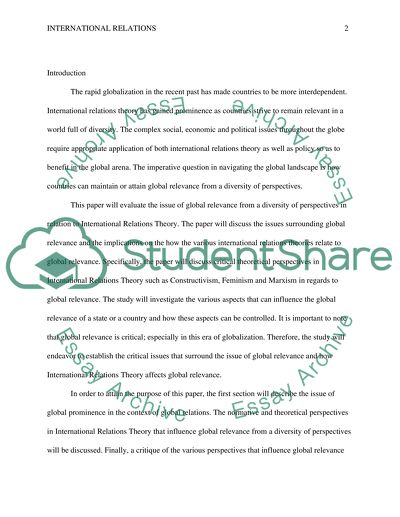Cite this document
(“Global relevance from a diversity of perspectives in International Essay”, n.d.)
Global relevance from a diversity of perspectives in International Essay. Retrieved from https://studentshare.org/history/1469962-global-relevance-from-a-diversity-of-perspectives
Global relevance from a diversity of perspectives in International Essay. Retrieved from https://studentshare.org/history/1469962-global-relevance-from-a-diversity-of-perspectives
(Global Relevance from a Diversity of Perspectives in International Essay)
Global Relevance from a Diversity of Perspectives in International Essay. https://studentshare.org/history/1469962-global-relevance-from-a-diversity-of-perspectives.
Global Relevance from a Diversity of Perspectives in International Essay. https://studentshare.org/history/1469962-global-relevance-from-a-diversity-of-perspectives.
“Global Relevance from a Diversity of Perspectives in International Essay”, n.d. https://studentshare.org/history/1469962-global-relevance-from-a-diversity-of-perspectives.


